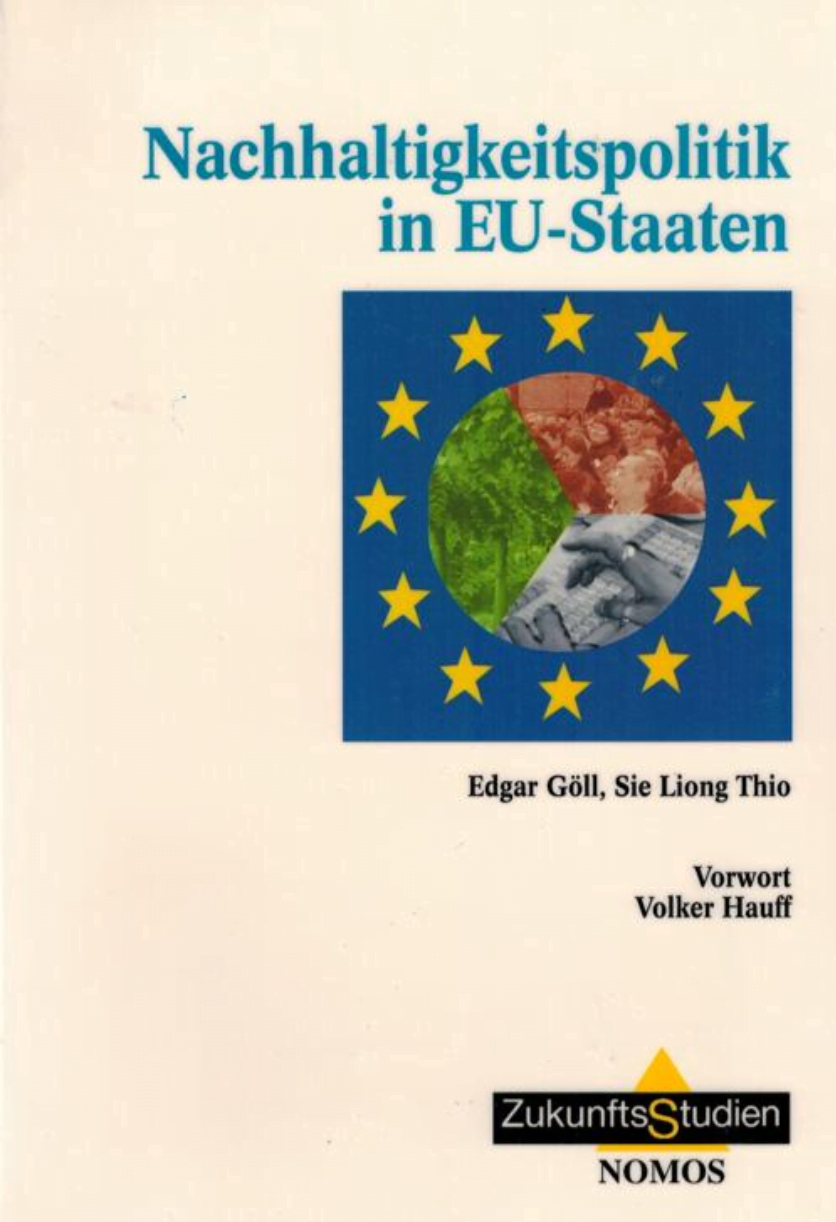Sustainability policy in EU countries
Abstract
Our way of production and life has reached its limits due to its negative consequences, among other things, and can no longer serve as a meaningful model for the so-called developing countries. The principle of sustainable development that emerged from this realisation is of central importance for the sustainable shaping of our societies. The new approaches that have been tried out in society, science, politics and the economy in our country and in neighbouring countries since the 1992 UN Earth Summit, on the other hand, are hardly known. Little research has been done on the political and social institutions that drive and support the process of change at the national level. This volume presents the innovative bodies created in several EU states. These current developments are part of and promoters of the movement for sustainability and are likely to be harbingers of a sustainable type of democracy. Based on an empirical study conducted at the IZT for the German Bundestag, numerous suggestions for shaping a sustainable society are offered through selected practical examples.
Authors
Göll, Edgar; Thio, She Liong
Source information
Title
Sustainability policy in EU countries
FutureStudies Volume 30
Year of publication
2004
Publisher
Nomos - Baden-Baden
Document type
Book Monograph